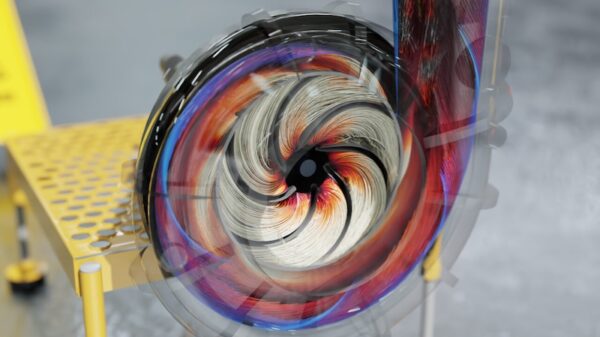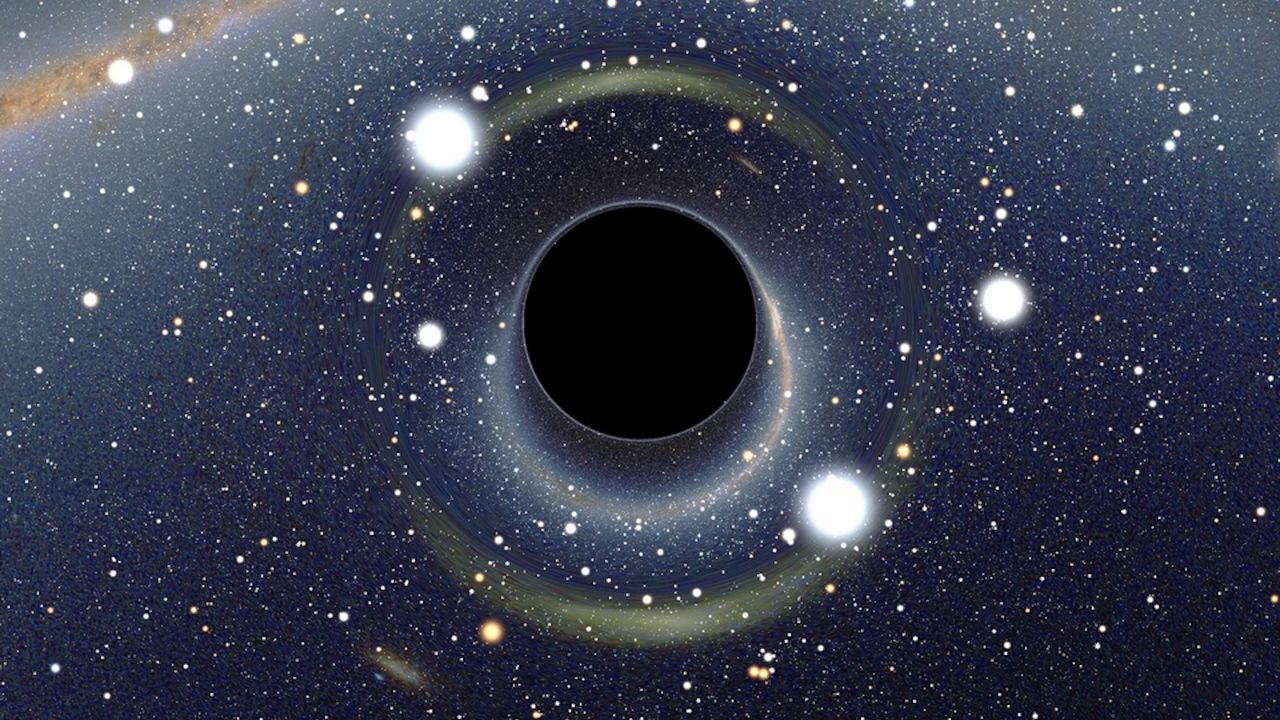A new study indicates there is a 90% chance that a black hole will explode within the next decade, a phenomenon that could reshape our understanding of these cosmic entities. The research, published in Physical Review Letters, suggests that advancements in telescope technology will allow scientists to detect these explosions sooner than previously thought.
Black holes typically form when massive stars collapse at the end of their life cycles. These stellar black holes often weigh between 3 to 50 times the mass of the Sun. When a star exhausts its nuclear fuel, it detonates in a supernova, leaving behind a region of space so dense that not even light can escape. In contrast, primordial black holes (PBHs) are theoretical constructs that may have formed in the early universe, shortly after the Big Bang. These ancient relics could be significantly lighter and represent conditions from a time when the universe was primarily composed of hydrogen and helium.
Traditionally, scientists calculated that black holes explode once every 100,000 years. However, this new research challenges that view. Aidan Symons, a graduate student at the University of Massachusetts, stated, “We believe that there is up to a 90% chance of witnessing an exploding black hole in the next 10 years. Our current fleet of space and ground-based telescopes are already capable of detecting such an explosion.”
The study highlights that the black holes most likely to explode are not the massive stellar remnants often imagined, but rather the primordial black holes. According to Stephen Hawking’s theory, which he proposed in the 1970s, the lighter a black hole is, the hotter it becomes, emitting more particles through a process known as Hawking radiation. As PBHs evaporate, they become lighter and consequently hotter, leading to an increase in radiation until they eventually explode.
Researchers made significant strides by questioning long-held assumptions about the electrical properties of black holes. While standard black holes are thought to have no electrical charge, the team explored the implications of primordial black holes possessing a tiny electric charge associated with hypothetical heavy particles termed “dark electrons.” These dark electrons would interact through dark electromagnetic forces, potentially altering how matter behaves around black holes.
The researchers propose that if a primordial black hole forms with a small dark electric charge, it could be stabilized temporarily before ultimately exploding. This mechanism could dramatically increase the likelihood of observing such explosions, shifting the frequency from once every 100,000 years to potentially once every 10 years.
An exploding black hole would not only be a remarkable visual spectacle but would also provide valuable data on subatomic particles. This catalog could include not just known particles like electrons and Higgs bosons, but also undiscovered particles, possibly even dark matter. The team emphasizes that while they are not guaranteeing an explosion will occur within this decade, the high probability suggests that scientific communities should be prepared.
Fortunately, current telescope technology is equipped to detect the signs of Hawking radiation from an exploding primordial black hole. If their calculations are accurate, this could offer insights into some of the universe’s most profound questions, including the origins of matter itself.
As the scientific community awaits the possibility of this extraordinary event, the implications of such a discovery could resonate through various fields of physics and cosmology, potentially revealing new facets of our universe.




































































